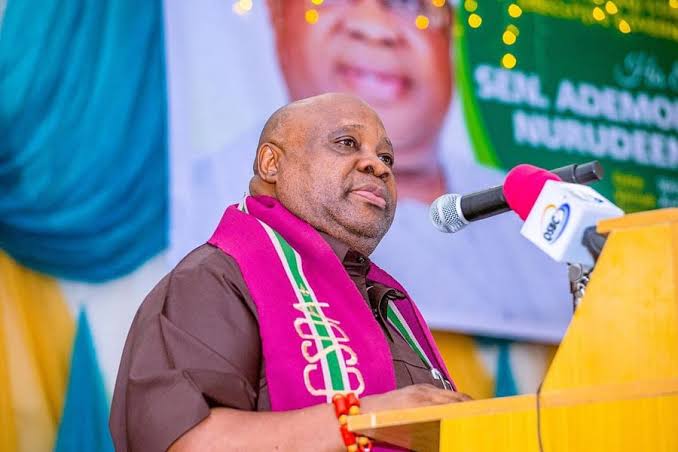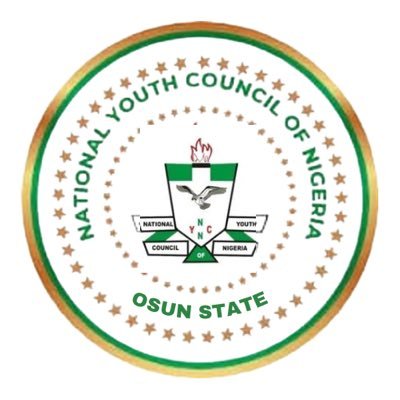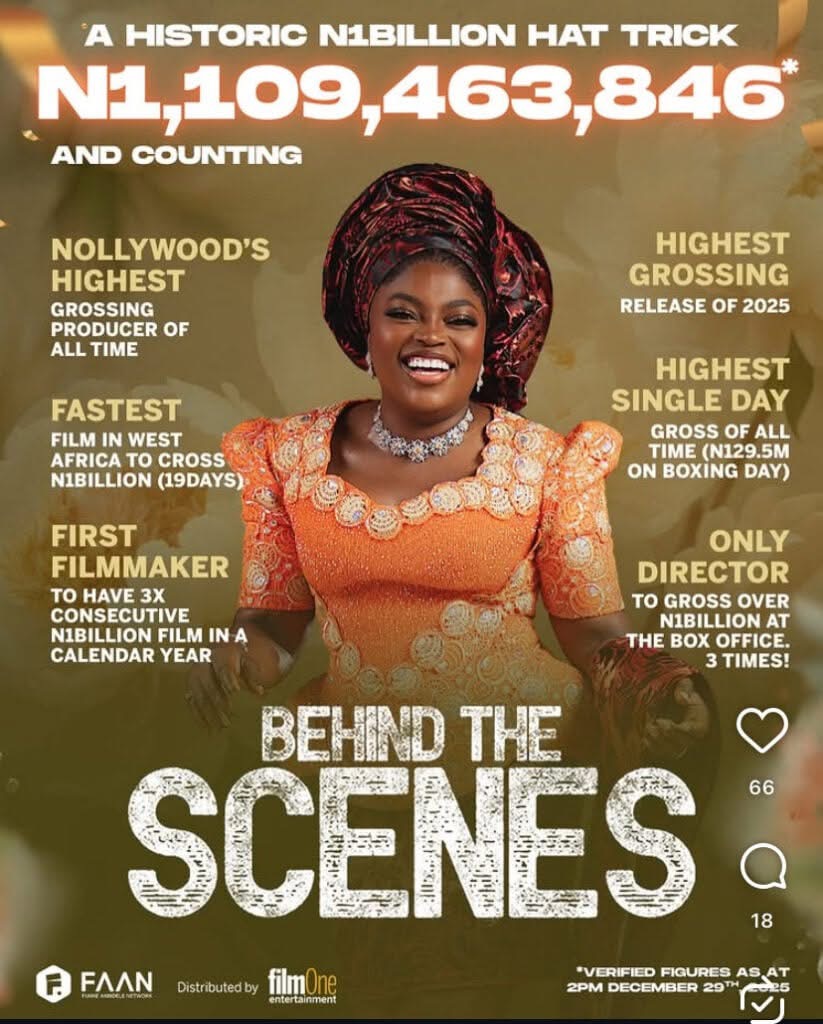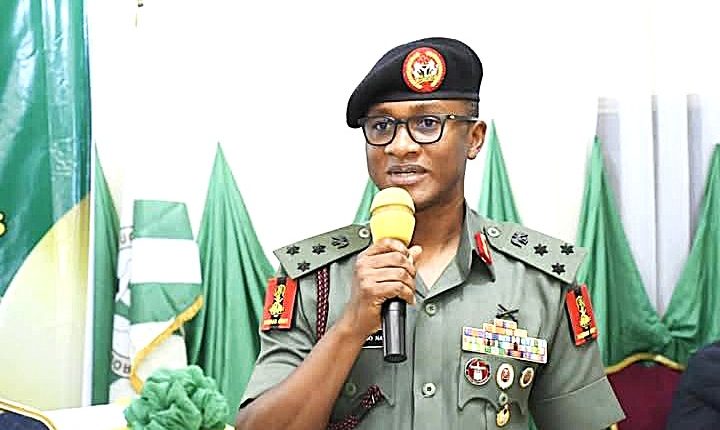Youths from Ekiti, Ondo and Osun States have identified areas that needed reforms in the electoral processes of Nigeria as they present possible solutions to the challenges faced during the 2023 general elections.
The youths, converged in Akure, Ondo state capital, during the week at a one-day Youth Electoral Reforms organized by a non Governmental organisation ,the New Generation Girls and Women Development Initiative (NIGAWD).
The programme was organized with support from the National Democratic Institute (NDI) and National Endowment for Democracy (NED).
The forum was a convergence of youth-led civil society organizations (CSOs), student leaders, youth in politics and youth groups.
In her welcome address, Executive Director of the organization, Abimbola Aladejare-Salako, who was represented by Gbenga Adesunloro, a programme officer at the organization, said the event is to ensure better participation of young people by identifying the challenges and offer practicable solutions.
On the upcoming Ondo State gubernatorial election ,the participants shared emerging concerns regarding this election. One of the key recommendations made was that, ahead of this vote, the Independent National Electoral Commission (INEC), the Nigerian Police Force, and other security agencies must remain non-partisan and commit to enabling a free, fair and credible election.
In his remarks, Mr. Bem Aga, the Senior Program Officer from the National Democratic Institute (NDI) revealed that the forum provided a platform to capture the opinions of youths on the needed reforms in the country’s electoral system.
Bem Aga said, “We understand that there was dissatisfaction with the 2023 election. That is why we have organised this forum – to hear the voice of the youth on where electoral reform is needed. We need to hear about the challenges you faced and receive your recommendations for reforms in the pre-election period, on the election day itself, and post-election.”
Participants spoke on the challenges they experienced during the last elections and broke into technical sessions where possible solutions and reform were provided.
Participants during the technical groups focused on the pre-election period, election day, and the post-election period. Each group had a moderator who facilitated the discussion.
The groups identified key electoral reform recommendations within their area of focus. The moderators later presented their group’s top recommendations in the plenary session for wider debate and consensus-building amongst all participants.
This allowed the various reform ideas to be discussed, clarified, and prioritized to put together a consolidated set of electoral reform recommendations representing the perspective of the youth participants.
Some of the participants made voluntary personal commitments to further the goals of the gathering which includes;sensitize other youth in their organizations about this movement and also share this movement on my social media handles.
Speaking with our correspondent, Arinola Adeleke, a participant from Osun described the forum as “fantastic”, stating that “it brought ideas, created healthy debate and allowed cross-fertilization of ideas.”
Advertisement





